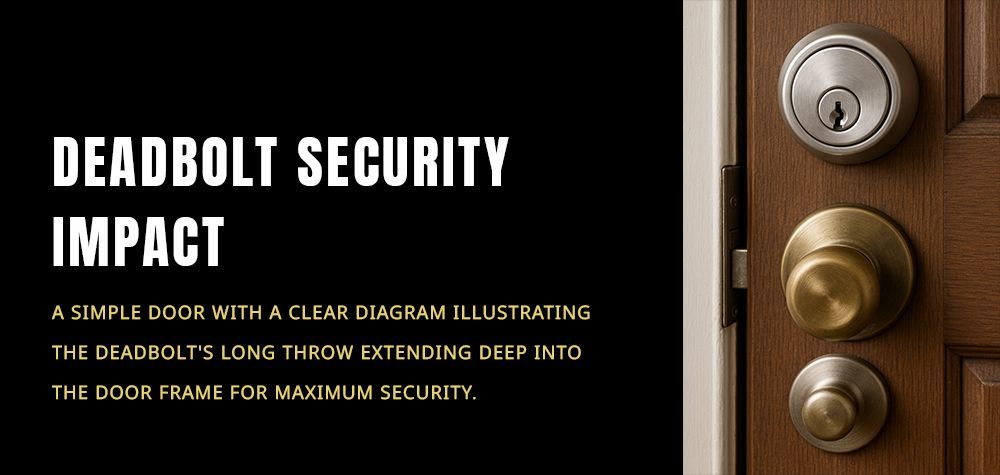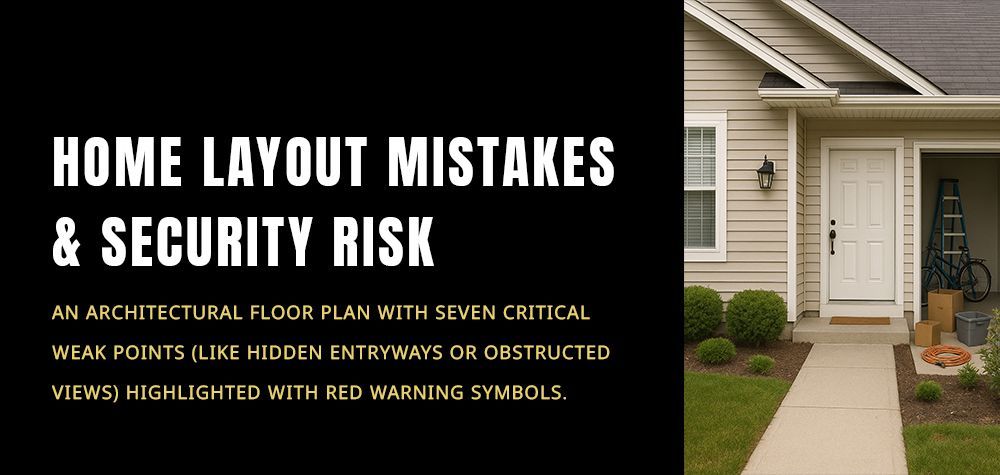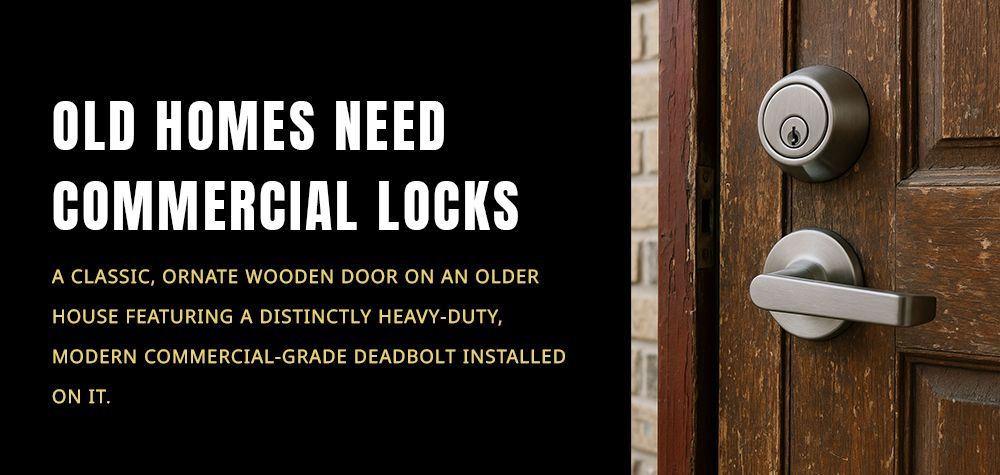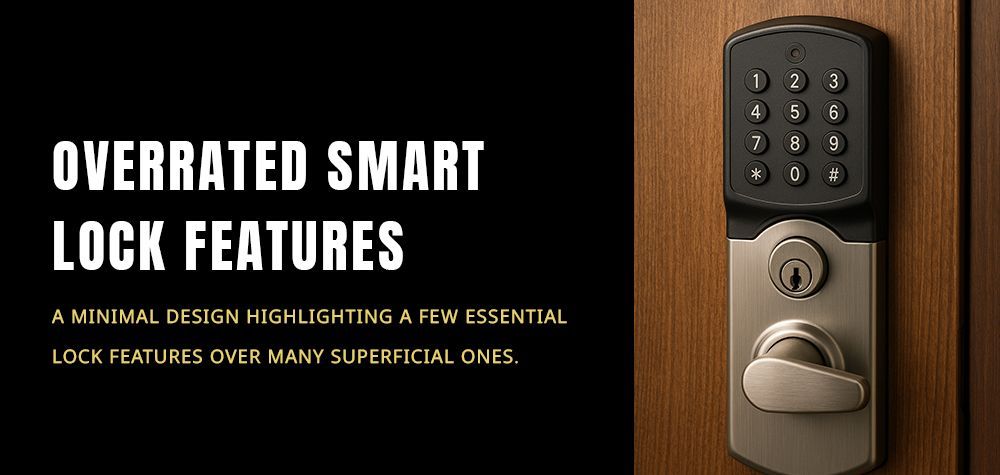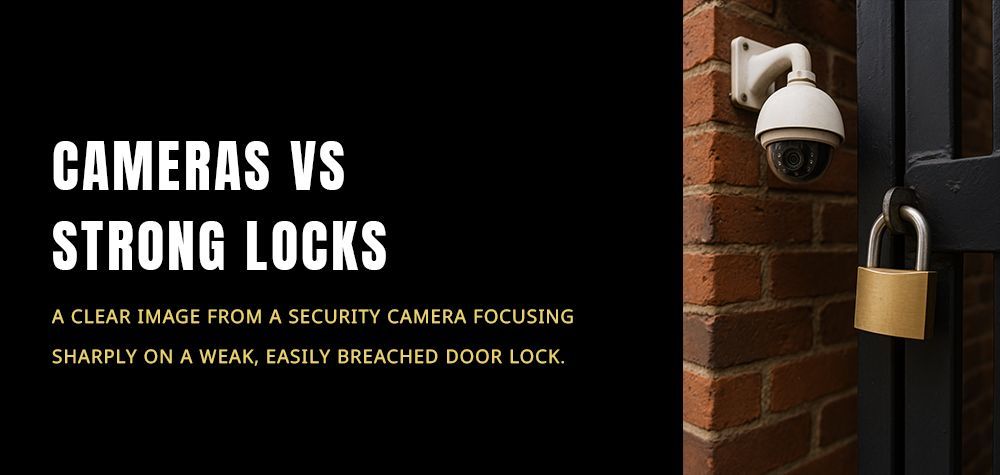Can Locksmiths Duplicate High-Security Keys?
High-security keys are designed to provide enhanced protection against unauthorized access, making them more difficult to duplicate than traditional keys. Whether you're a homeowner, business owner, or a facility manager, understanding the process of duplicating high-security keys and the security measures involved is crucial. This article explores whether locksmiths can duplicate high-security keys, the technology behind these keys, and the considerations for maintaining security.
What Are High-Security Keys?
High-security keys are specifically designed to offer superior protection against common lock-picking techniques, such as bumping or drilling. They feature patented designs, keyways, and additional security features, such as restricted keyways and unique cuts, that make unauthorized duplication difficult.
Here are some common features of high-security keys:
Restricted Keyways: These limit the number of locksmiths or manufacturers who can produce the key, ensuring that only authorized locksmiths or individuals can make a copy.
Patented Key Designs: Many high-security keys come with patented designs, meaning that key blanks cannot be reproduced without the manufacturer's permission.
Precision Key Cutting: The key's grooves, dimples, and cuts are made with high precision, making them resistant to common lock-picking methods.
Can Locksmiths Duplicate High-Security Keys?
Yes, locksmiths can duplicate high-security keys, but there are restrictions and requirements. Not all locksmiths have the authorization or equipment to duplicate these keys, and even those who do must follow strict procedures to ensure security. Here’s how it works:
Authorized Dealers Only: To duplicate high-security keys, locksmiths must be authorized by the manufacturer. This ensures that only approved professionals can duplicate these keys.
Proof of Ownership: Locksmiths require proper documentation or proof of ownership before duplicating a high-security key. This could include providing identification, proof of address, or the original key registration card that comes with the lock.
Restricted Blanks: High-security keys are cut on restricted blanks that are not available to the general public. This prevents unauthorized individuals from making copies at any random key-cutting shop.
Special Equipment: Duplicating high-security keys requires specialized cutting machines that are designed to handle the intricate and precise cuts these keys require.
Situations Where Duplication May Not Be Possible
There are scenarios in which even an authorized locksmith may not be able to duplicate a high-security key. These include:
Expired Patents or Contracts: Some high-security keys are tied to a specific manufacturer’s patents, and once the patent expires, new key blanks may no longer be produced.
Lost Key Registration: Without the key registration card, duplication may not be possible. The card serves as proof that the person requesting the duplication is authorized to do so.
Types of High-Security Keys That Locksmiths Can Duplicate
Several popular high-security key systems are designed for both residential and commercial use. Some of the most common systems include:
Medeco: Medeco keys are known for their patented key control and high resistance to picking and bumping. Locksmiths authorized by Medeco can duplicate these keys with proper documentation.
Mul-T-Lock: Another highly respected brand, Mul-T-Lock keys are designed with unique keyway designs and proprietary technology, making unauthorized duplication difficult. Only authorized dealers can duplicate these keys.
Schlage Primus: Schlage Primus keys have an added layer of protection with secondary cuts that make them nearly impossible to pick. They require certified locksmiths for duplication.
ASSA Abloy: These keys use patented keyways and mechanisms that restrict unauthorized duplication. Locksmiths approved by ASSA Abloy can duplicate them with the appropriate documentation.
Benefits of High-Security Keys
There are several benefits to using high-security keys, especially when it comes to preventing unauthorized access:
Enhanced Security: High-security keys are designed to be resistant to traditional lock-picking methods, making them far more secure than standard keys.
Controlled Duplication: The requirement for proof of ownership and authorization ensures that no one can make copies of your key without permission.
Longer Lifespan: High-security locks and keys are often made from stronger materials, ensuring a longer lifespan for both the lock and key.
Peace of Mind: Knowing that your home or business is protected by high-security keys provides peace of mind, particularly in high-risk areas.
Why Choose a Certified Locksmith for High-Security Keys?
When dealing with high-security keys, it's essential to work with a certified locksmith. Certified locksmiths:
Have Authorization: They have the necessary approvals from manufacturers to duplicate high-security keys.
Follow Legal Procedures: Certified locksmiths adhere to strict security protocols, ensuring that the duplication process is legal and secure.
Use Specialized Equipment: Certified locksmiths have access to the specialized cutting machines and key blanks required for high-security keys.
Provide Expert Advice: They can recommend the best high-security systems for your needs and help you with additional security measures.
Signs of a Fraudulent Locksmith
Unfortunately, not all locksmiths are trustworthy, and choosing the wrong one can compromise your security. Here are some signs of a fraudulent locksmith:
No Proof of Authorization: If a locksmith claims to duplicate high-security keys but cannot provide proof of manufacturer authorization, it's a red flag.
Lack of Credentials: If the locksmith cannot provide certification or registration, it’s better to look elsewhere.
No Physical Address: Reputable locksmiths will have a physical location where they operate. Be wary of locksmiths who only provide a phone number and no other contact details.
Unusually Low Prices: High-security key duplication can be expensive due to the specialized equipment and authorization needed. Beware of locksmiths offering unusually low prices.
Conclusion: Protecting Your High-Security Keys
While locksmiths can duplicate high-security keys, it’s crucial to work with certified professionals to ensure the process is secure and legal. High-security keys provide a robust layer of protection, but maintaining control over who can duplicate your keys is equally important. When in doubt, always ask for credentials and make sure you are working with an authorized dealer to keep your home or business safe.
For any high-security key duplication or locksmith services, always choose a trustworthy provider like Brothers Locksmith, who understands the importance of security and provides professional, reliable services.
The Importance of Choosing Certified Locksmiths: What to Look For
Call Us Any Time!


